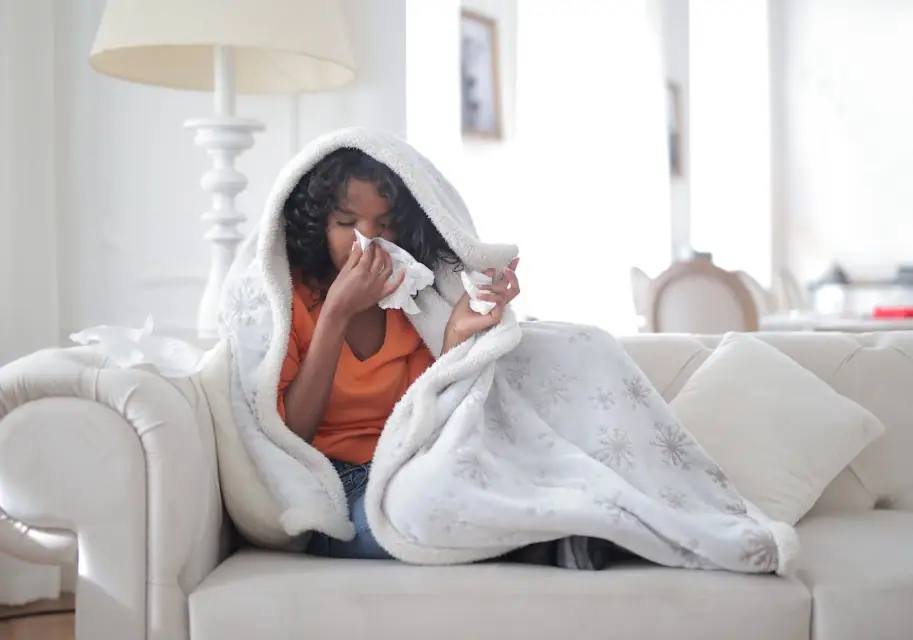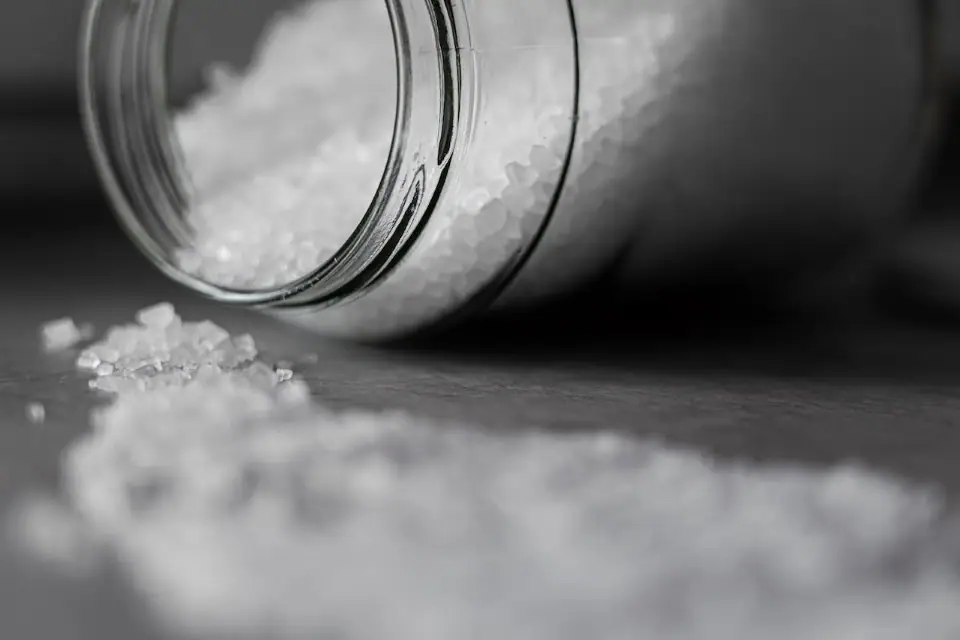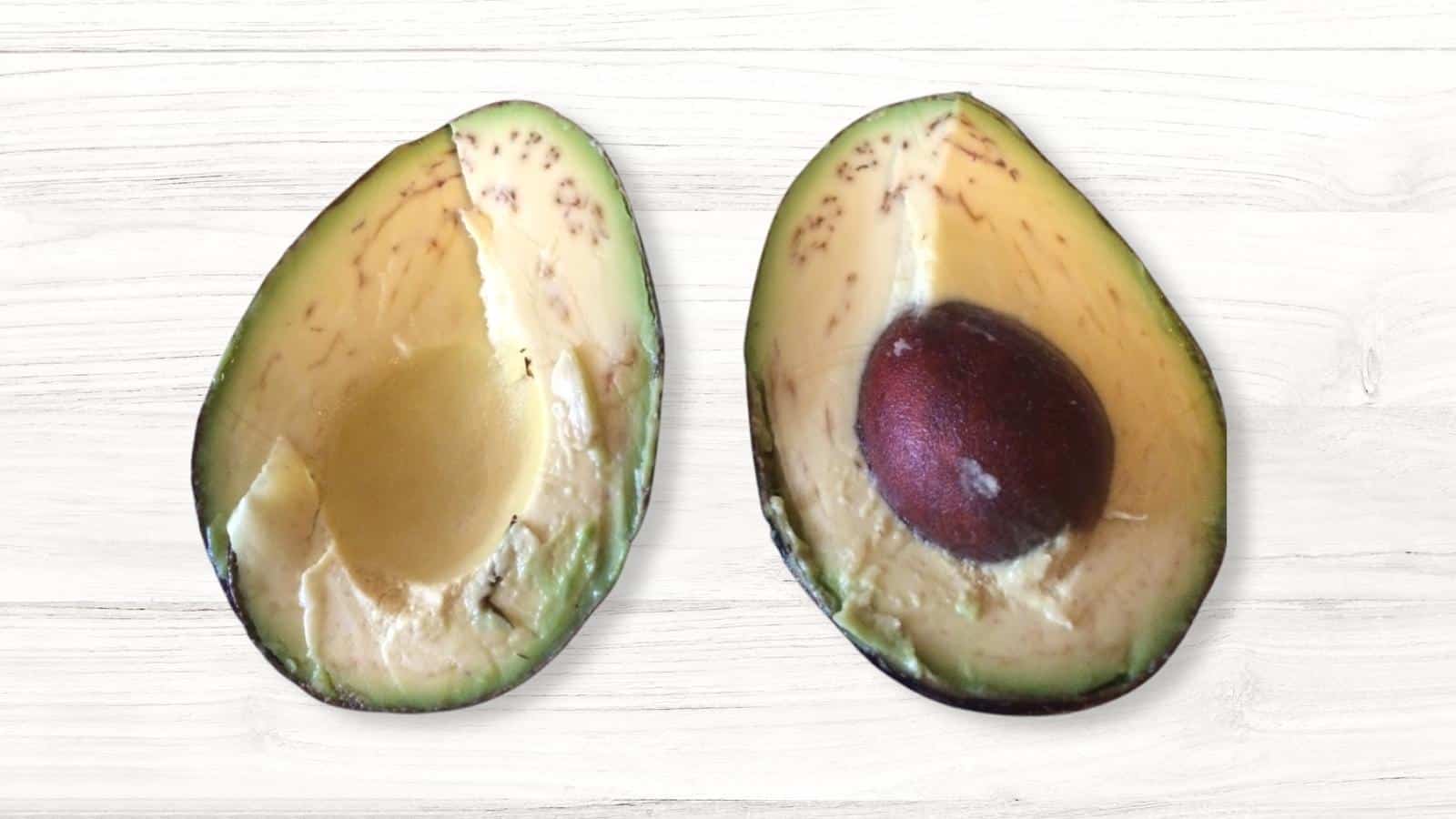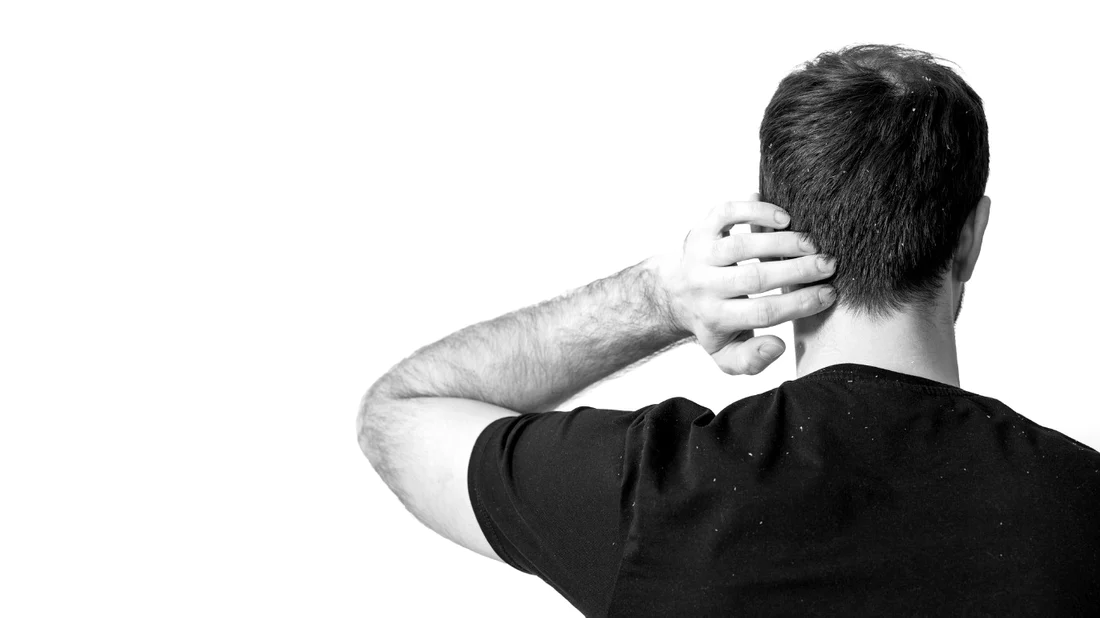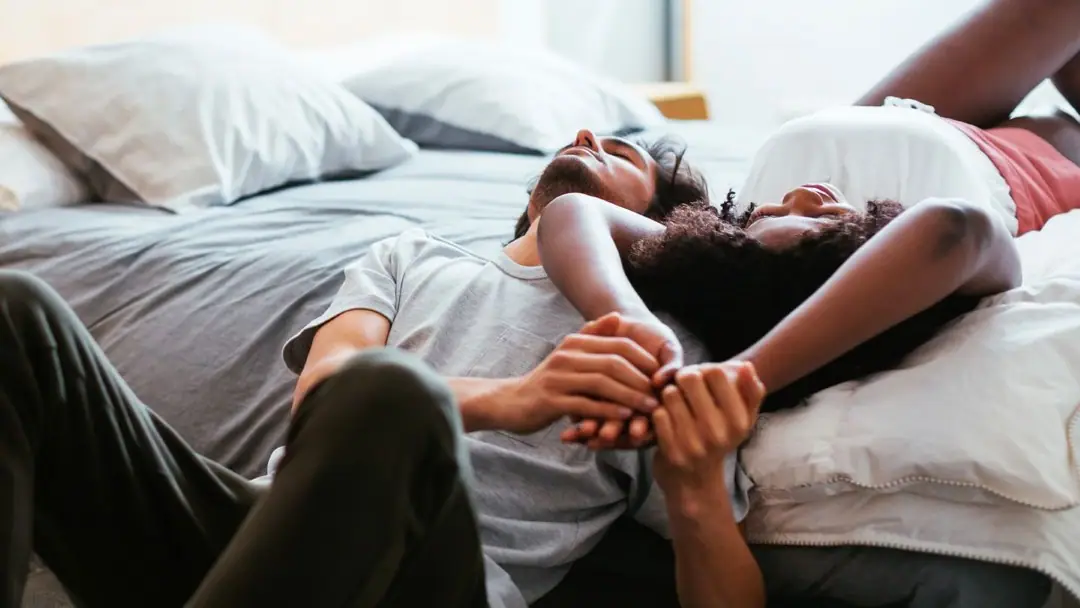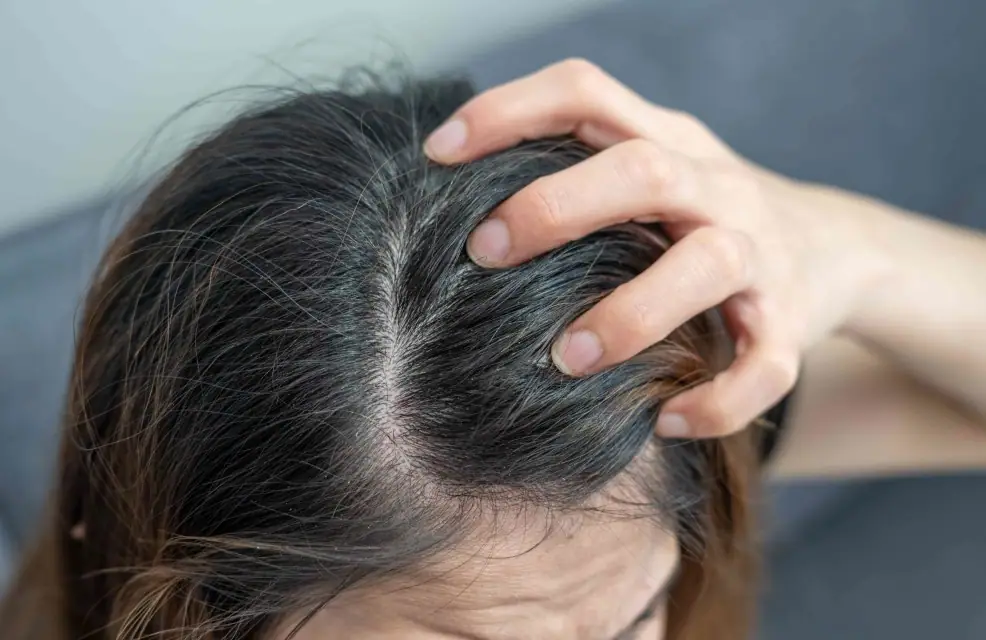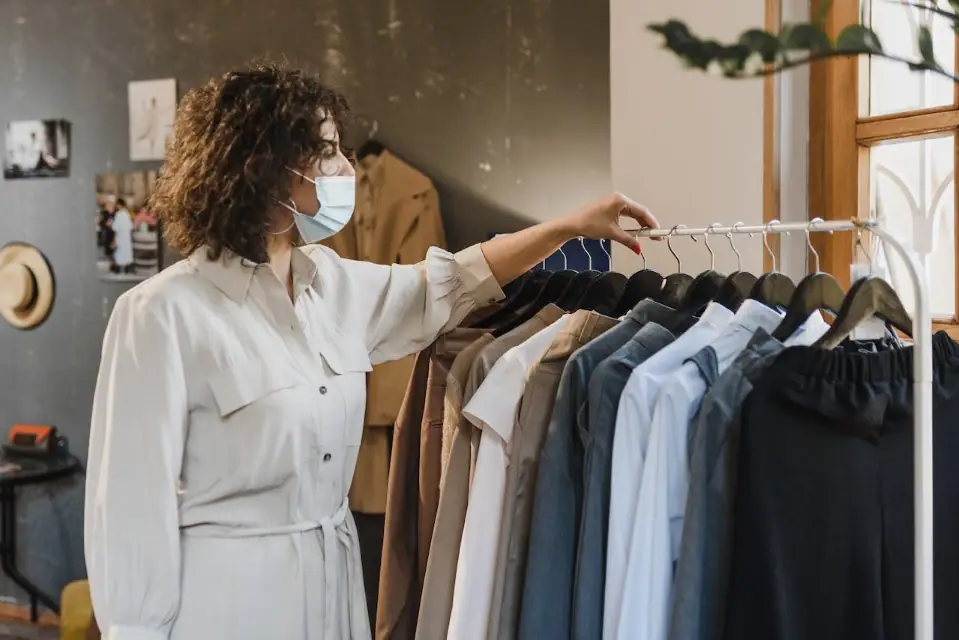It’s a common experience – you hop in the shower, wash up, and as soon as you step out, achoo! A sneeze comes out of nowhere. Or maybe it happens when you’re washing your hair or face. So what causes this post-shower sneezing? There are a few possible explanations.
The Nose Knows
One reason is the sensitizing effect water can have on the mucous membranes in the nose. The moist environment inside the shower loosens mucus and irritates nasal passages. As soon as that shower water stops flowing over your face, the drier external air entering your nose provokes a sneeze reflex.
Essentially, the nerves in your nose sense the change and stimulate sneezing to clear out any excess mucus. Sneezing helps protect and cleanse nasal passages. This reaction may also occur if you wash your face at a sink. Simply having your nose and nasal membranes exposed to moisture can set off that tickle-then-achoo reaction.
Temperature Change
Sudden temperature changes may also promote sneezing after a shower. The warm water relaxes capillaries and opens blood vessels in nasal passages. When you turn off the water, the abrupt switch from a hot to colder ambient temperature constricts these blood vessels.
This rapid change activates trigeminal nerves that sense irritation and stimulate sneezing. You may be more prone to sneeze after a steaming hot shower since the temperature shift is greater. Cooler showers may not have the same effect on nasal nerves.
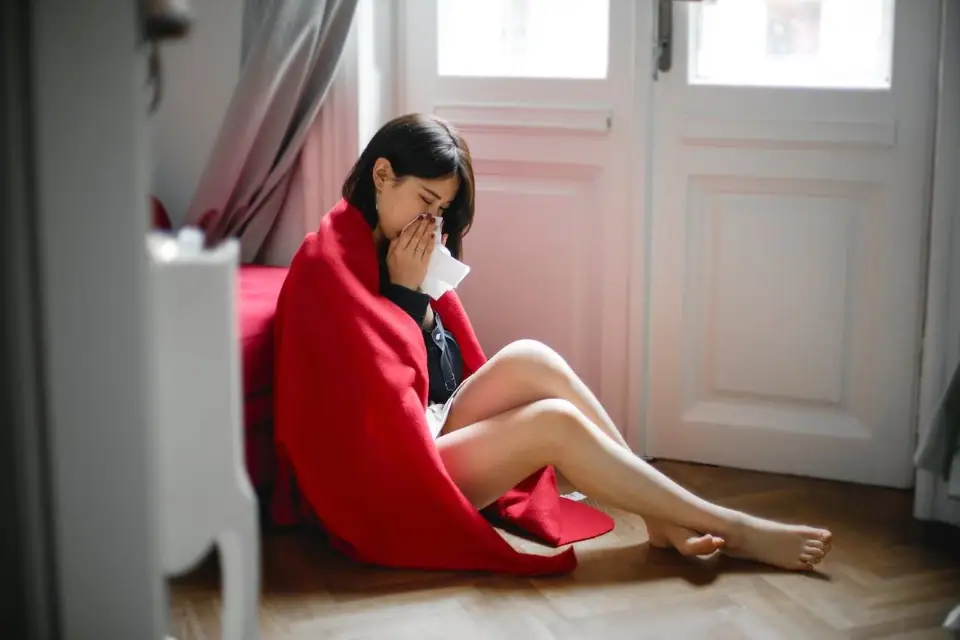
Inhaled Irritants
Certain inhaled irritants can cause sneezing by inducing histamine release in nasal tissues. Shower steam and spray contain microdroplets of chlorine and other chemicals that may trigger allergic reactions. Even fragrances in soaps, shampoos, and cleansers can irritate sensitive membranes when inhaled.
As soon as you exit the shower, these allergens are gone, but they’ve already kicked histamines into gear. The result is a round of sneezes until your nose clears out the irritating chemicals. This reaction is more likely if you have chronic allergies or nasal inflammation.
Why Does Sneezing Occur?
Sneezing is an involuntary reflex and respiratory defense mechanism. When the trigeminal nerve extending into your nasal passages detects foreign particles or irritation, it stimulates a sneeze response. Sneezing forcefully expels mucus, irritants, and infectious agents from the nose and sinuses before they can cause harm.
Nasal mucosa contains mast cells loaded with histamine and other inflammatory mediators. Annoying agents in the nose trigger these mast cells to dump their contents into nasal tissues. Histamine stimulates nerve endings that relay signals to the sneeze center in your brainstem. This ultimately triggers a synchronized sneeze reflex.
Common Triggers
Besides showers, some other common sneeze triggers include:
– Sudden exposure to bright sunlight, also known as the photic sneeze reflex
– Irritating substances like smoke, dust, or chemicals
– Colds, flu, and other respiratory infections that increase nasal mucus and inflammation
– Allergies to pollen, pet dander, mold, and other allergens
– Strong odors from foods, fragrances, or chemicals
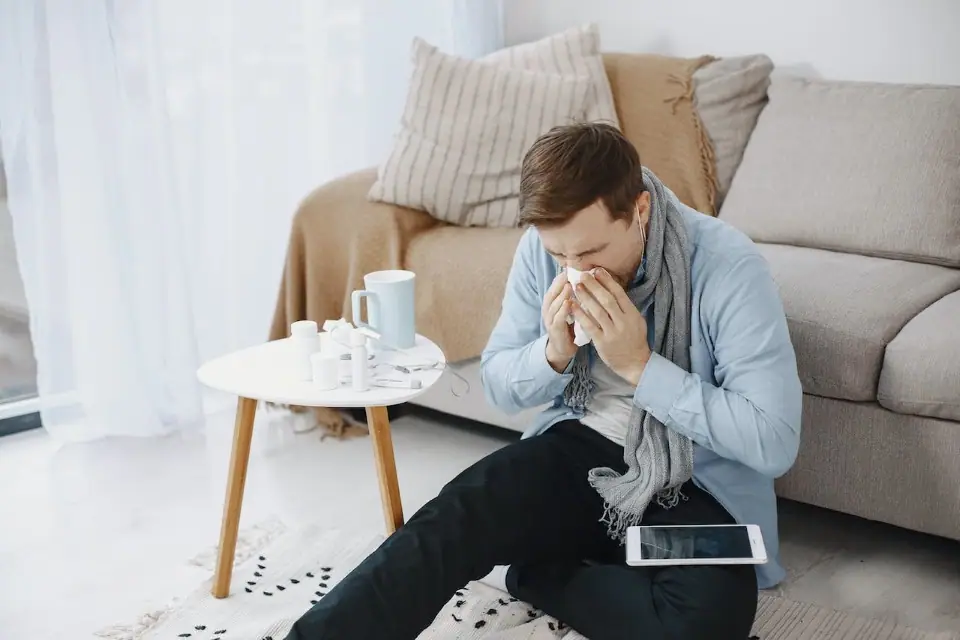
When to See a Doctor
Frequent sneezing after showers may indicate overly sensitive nasal passages or an underlying condition like chronic sinusitis. See an allergist or ENT specialist if you have other worrisome symptoms like:
– Frequent congestion, sinus pressure, runny nose
– Recurring sinus infections
– Nasal obstruction or reduced sense of smell
– Swollen nasal passages, polyps, deformities
– Chronic postnasal drip
Diagnostic tests can pinpoint causes like allergies, anatomical defects, or chronic inflammation. Effective treatment is available for conditions leading to chronic sneezing and irritation.
In most cases, however, shower sneezing is benign and temporary. You can reduce irritation by keeping showers cooler, using fragrance-free products, and gently blowing your nose after bathing. Drying your nasal passages thoroughly before entering colder air may also help suppress that ack-choo urge.

